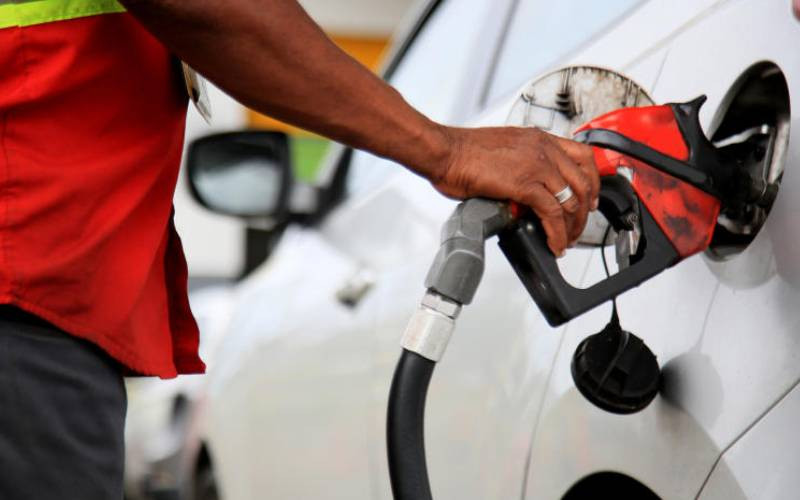×
The Standard e-Paper
Smart Minds Choose Us

The National Oil Corporation (Nock) missed an opportunity that could have helped in turning around its fortunes.
The State-owned oil marketer's fortunes have over time dwindled to a point that it rarely features in discussions on the country's petroleum sector industry players.







